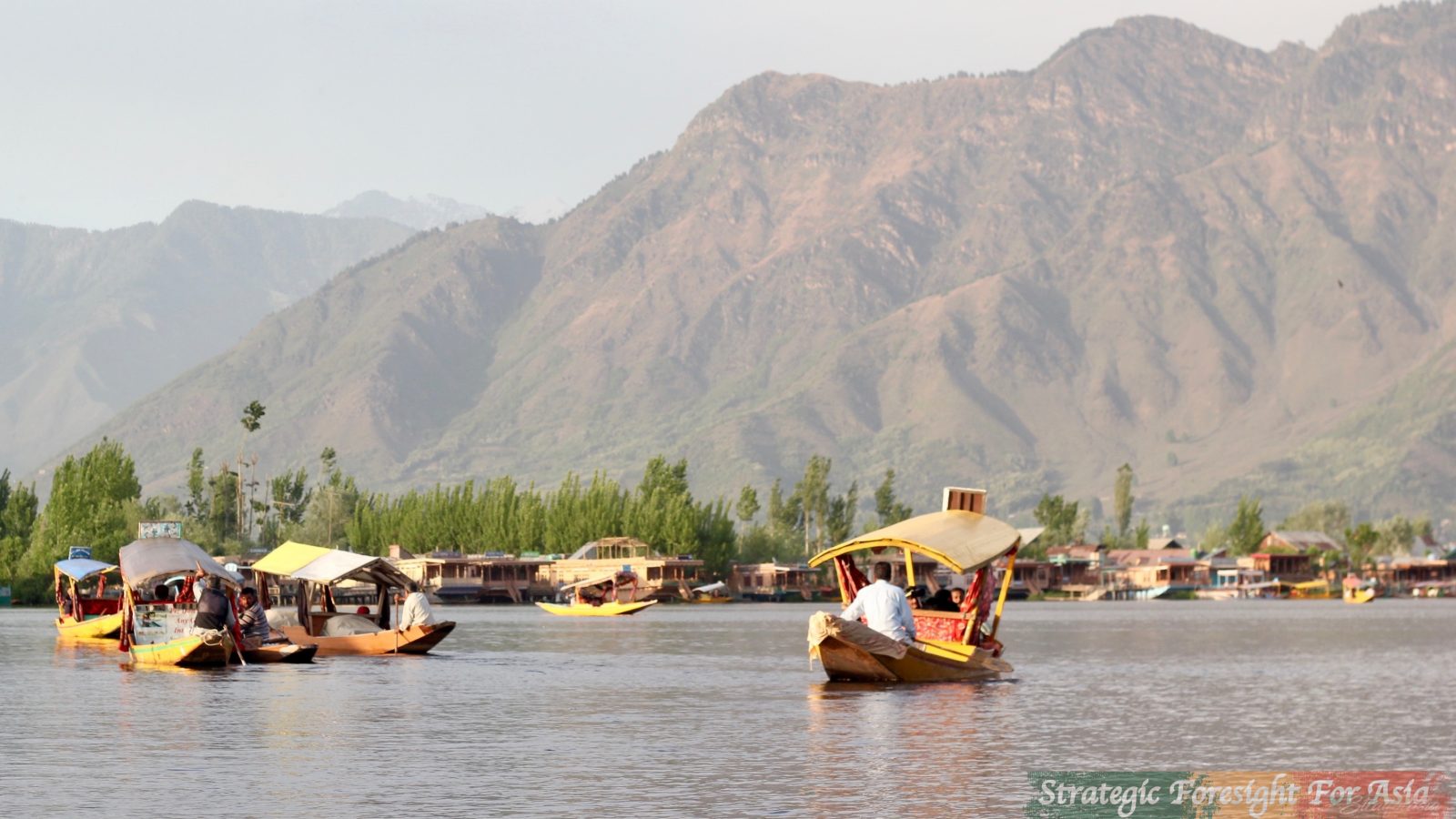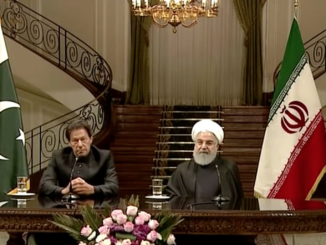
The bilateral relations between Islamabad and Baku remained diplomatically cordial and politically pleasant based on common religious foundations. The strong ideological bonds between the Azeri and Pakistani nations have shaped various levels of close associations at the societal level as well. Gradually emerging people-to-people contacts have proved to be an important feature of cooperative bilateralism between both states over time. Apart from formulating strong societal connections, the leadership of both sides explored various avenues for economic collaboration in different domains. Moreover, the unprecedented growth of several cultural and humanitarian associations between the two countries further empowered bilateralism.
In the field of security and defense, the leadership of both states developed a shared view based on different reciprocal moves. So, the discussion on bilateral ties cannot be complete without addressing the potential challenges. Pakistan’s position is arguably more difficult due to the permanent opposition of New Delhi in the international system. The Indian leadership has always remained active in opposing the Pakistani position in regional and extra-regional affairs, and has resorted to several ways of diplomatically degrading the image of Pakistan with the help of various propaganda campaigns. Even the situation in the Muslim world is more challenging for Pakistan, where India is rapidly cultivating cooperative bilateral bonds, creating room for it to degrade Pakistan’s ties with the Muslim countries.
The case of Azerbaijan cannot be ignored in this regard because the growing cooperation between New Delhi and Baku will jeopardize the position of Pakistan in Azerbaijan’s foreign relations. Based on the regular meetings of leading state officials, the Indian and Azeri governments have maintained different collaborative platforms, such as the Foreign Office Consultations (FOC) mechanism which was developed in 1998 to diversify their consistent bilateral associations. The two-sided governments have also increased their inter-parliamentary contacts through Parliamentary Friendship Groups; the strengthening of reciprocal visits further allowed New Delhi and Baku to explore various domains of commercial and economic collaborations. An analytical survey of the Indian Ministry of External Affairs has reported increasing economic activities between India and Azerbaijan with evidence of bilateral trade. The trade volume increased between New Delhi and Baku from 2005 to 2018 (US $ 50 million to US $ 922 million). In 2019, the trade volume between both countries reached US $ 1069 million, consisting of several direct and indirect business channels. Under the augmenting common business connections, the oil industry of Azerbaijan allowed Indian companies to invest in Azerbaijan.
Due to an unprecedented evolution of New Delhi’s antipathy towards Pakistan through history, it always remained a challenging task for Islamabad to manage its peaceful foreign relations with the brotherly Muslim counties without Indian influence. The quest to isolate Pakistan in the Muslim world always remained a guiding principle of Indian foreign policy.. In the evolving Indian anti-Pakistani obsession, it seems difficult to protect Pakistan-Azerbaijan ties from New Delhi influences. In this regard, the probability of a disturbed diplomatic interaction between Islamabad and Baku cannot be overruled. Indian leadership will seek to disturb the cooperative foundations of bilateral collaboration between Islamabad and Baku due to the Kashmir issue. The Pakistani and Azeri governments have developed their common understanding on territorial issues in which Baku supports Islamabad on the Kashmir issue in return for Islamabad’s support to Baku on the Nagorno-Karabakh issue. The government of Azerbaijan clearly condemns the brutal Indian role in the occupied areas of Kashmir, in parallel to emphasizing the need for an active role of the international community in resolving the Kashmir issue on peaceful grounds. The Azeri government even raised concerns about the massive human rights violations of Indian Illegally Occupied Jammu and Kashmir (IIOJK). The Azeri government publically compares the bitter picture of humanity in the occupied areas of Karabakh with the unarmed and innocent Kashmiri people living under Indian occupation. Even the Azerbaijani authorities, along with Turkish leaders, publically communicated their serious concerns over New Delhi’s aggressive efforts to change the demographical structure of IIOJK. With the inclusion of Turkey, the governments of Azerbaijan and Pakistan created a trilateral alliance that emphasizes the peaceful resolution of the Kashmir dispute in the light of UN resolutions.
Thus, Baku’s Islamabad-inclined stance on the question of Kashmir will become the main concern of India in managing its economic bilateralism with Azerbaijan. India’s anti-neighborhood policy and New Delhi’s quest for cultivating cooperative ties with the world beyond its adjoining territorial nations will convince the Indian leadership to target Pakistan’s position in Azerbaijan’s foreign relations. In other words, it is more appropriate to maintain that New Delhi’s increasing economic ties with Baku will have political consequences where there is a high probability of weakening Pakistan-Azerbaijan relations in general, and Azerbaijan’s support of Pakistan on the Kashmir dispute specifically. In other words, the increasing support of Baku to Pakistan on Kashmir will become the prime concern of New Delhi in the future which will probably hamper Pakistan-Azerbaijan multilayer cooperative bilateralism.
Therefore, the leaders of both nations need to realize their bilateral strength in diverse areas in parallel to calculating the Indian anti-Pakistan obsession and New Delhi’s aggressive Kashmir policy. The two governments must diversify their relations by addressing the potential future challenges where Indian global opposition to Pakistan could damage Baku’s position on the disputed area of Kashmir. Furthermore, Azeri leaders must understand the nature of Indian foreign policy towards Armenia and Armenian aggression on Karabakh. The leading state officials from Baku also need to carefully examine growing Indian ties with Armenia and Armenian support to India over the Kashmir issue. The Armenian and Indian governments have developed various policies for supporting each other on major territorial issues against their territorially adjoining nations. It is more appropriate to maintain that the Indian leadership is well-calculated about structuring its bilateral relations with Armenia while considering the Azeri and Pakistani positions against Armenia. Therefore, the growing diplomatic closeness between India and Armenia could damage the positions of Pakistan and Azerbaijan in their respective regions. In this scenario, the greater responsibility lies on Baku because the Azeri leaders need to rationalize the position of Pakistan and Armenia in New Delhi’s foreign relations before designing any bilateral initiative with their Indian counterparts.
![]()




Be the first to comment